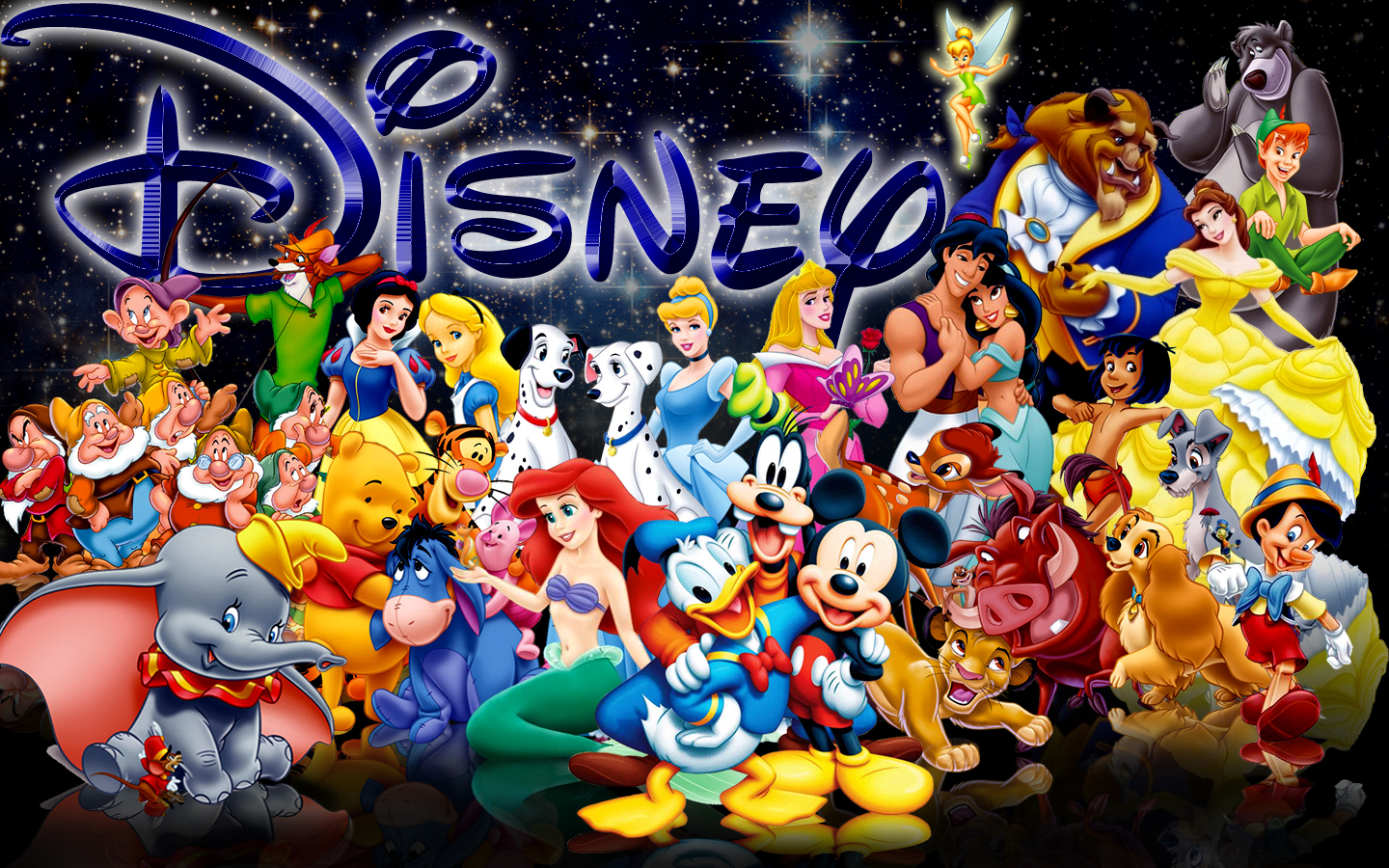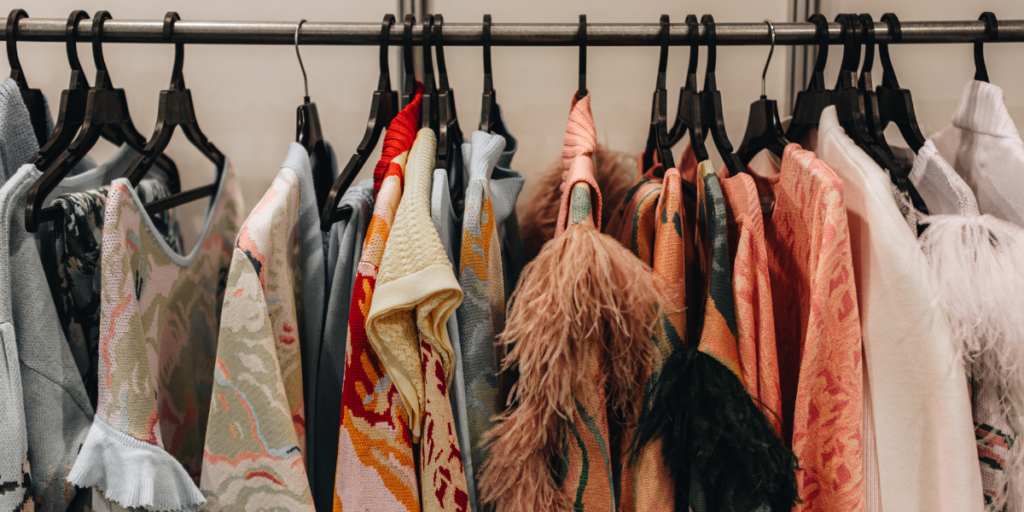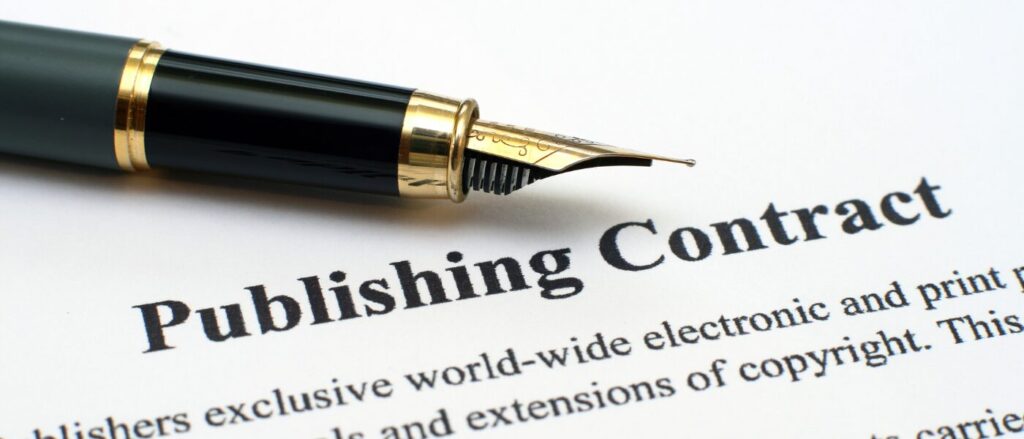Disney and Universal are joining legal forces in a lawsuit against the AI image-generation company Midjourney.
Midjourney, Artificial Intelligence, and Legal Disputes: What’s Happening with Copyright?
In recent years, artificial intelligence (AI) has made a huge breakthrough in the creative industries. One of the leading AI platforms – Midjourney – allows users to generate stunning images using only text prompts. But with rapid technological progress come serious legal questions, especially in the areas of copyright and brand protection.
Midjourney is a generative AI tool that creates images based on text input. For example, users can ask, “What would I look like as a Jedi master?” and receive a visual styled in the spirit of George Lucas and the entire Star Wars universe. And that’s exactly where the problems begin…
Why Are Giants Like Disney Worried?
Companies like Disney and Universal have begun closely monitoring generative AI tools because:
- Many of the generated images closely resemble protected styles, characters, or visual identities, which are subject to copyright or are registered trademarks/designs.
- Some users are using Midjourney to create content that looks like “official” Disney artwork, without licenses or permission.
- This creates a risk of misleading consumers and diluting the value of the brands.
In 2023–2024, cease and desist letters began appearing from studios like Disney and Warner Bros, addressed to users selling AI-generated products in their signature style. But soft warnings didn’t produce results – across the ocean, some cases are already reaching court.
Who Owns AI-Generated Content?
This is one of the hottest debated legal questions in the field of intellectual property:
- In many jurisdictions, copyright can only be granted to a human being, not to an algorithm.
- If an image is generated by AI, there is no automatic copyright protection unless substantial human input is involved.
- Furthermore, the training data used to build AI models often includes millions of images created by real artists, without their explicit consent.
What Does This Mean for Businesses?
For individuals using AI tools like Midjourney, this brings specific risks and responsibilities:
- Avoid generating images in the style of famous brands – this may be considered a copyright or trademark infringement.
- Copyright registration for AI-generated content remains legally ambiguous, both in Bulgaria and across the EU.
- Seek legal advice if you plan to engage in commercial activity involving AI-generated visuals.
Midjourney and similar AI platforms offer unprecedented creative opportunities, taking advantage of the still-developing legal framework surrounding AI and intellectual property. But they also raise complex questions of law, ethics, and brand protection. The ongoing legal battles with companies like Disney signal a new era – one where the balance between innovation and intellectual property rights is more important than ever.
Image: DeviantArt





